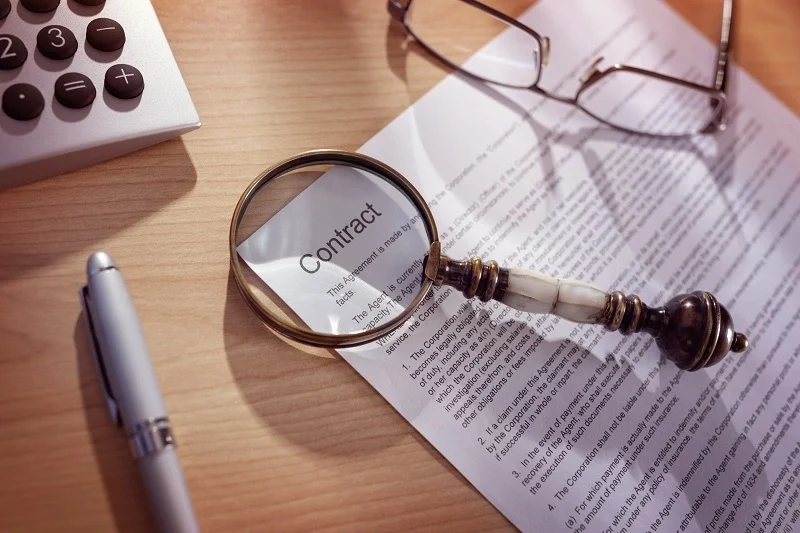How to Maintain the Documents after Buying or Selling a Property?

Buying and selling a real estate property is one of the most expensive and time-consuming activities you will engage in. Considering the huge financial liabilities involved and the legal processes that one has to go through before, during and even after the transaction, it becomes imperative to maintain proper records and documents of real estate transactions. These documents include the Copy of the Sales Deed (Copy Post Registration) and Agreement to Sell, Copy of Historical Documents (Buy/Sell Deed), Personal Documents - PAN Card and Aaadhaar Card, TDS Certificates (Form 16B), Bank Statement showing receipt of money and sending the money etc. However, for how long should one maintain the records and documents once a real estate property has been bought and/or sold?
- As per the Income Tax rules, the Government has the authority to ask you to produce the property purchase or sale documents until 7 years from the date of sale/purchase of the real estate property.
- However, experts recommend that the buyer and seller should maintain and store the documents for at least 8 years, after the end of year in which the property has been transacted between the buyer and the seller. One additional year helps to account for contingencies.
- In case of purchasing a property, it is recommended that the papers and documents should be maintained till the time you are in possession of the property.
- Above and beyond, if you are counting on the banks to maintain bank records and other details of your real estate transaction, be vigilant! It may happen that the bank switches their software and all your records are deleted. Thus, do not depend on any third party; maintain hard or soft offices of all bank records for your own security and assurance.
- Create a ‘Will’ as soon as the real estate property is bought. The will is a legal document that clearly spells out the will maker’s wishes regarding the care as well as the distribution of the assets after the individual’s death. In case of the registered property owner’s death, it becomes very difficult to claim the property of the deceased, in case there is no legal document. The entire property will go into litigation, and the rightful owners will be left without any home for a long time. The will should explicitly mention the legal heirs of the property, if any, and eliminate any ambiguity.
- Change the Government records as soon as the property is bought. This includes the electricity bills, water records, gas connections and more. Transfer and/or disconnect landline numbers, broadband, mobile numbers which are active for that particular address.
Example: If a property has been sold or bought in the FY 2019-20, then the documents related to the sale or purchase should be maintained till 31st March, 2028. However, authoritatively, the Income Tax Department can open the case of this transaction only till 31st March, 2027. And in case this happens, then the investigation can go up to 9 months. In fact, in some rare cases, the Income Tax Department has also asked for documents even after 7 years. Hence, it is suggested that all documents should be stored and protected carefully for at least 8 years.
Good record keeping is a mainstay for any successful real estate transaction. In property transactions, there are so many circumstances where things can take a turn for the worse, even with the best precautions, care and strategies. And thus, essentially, all home owners should ensure that they maintain important documents of the transaction in original, in copies and in digital formats to the best of their ability.









Ask a Question